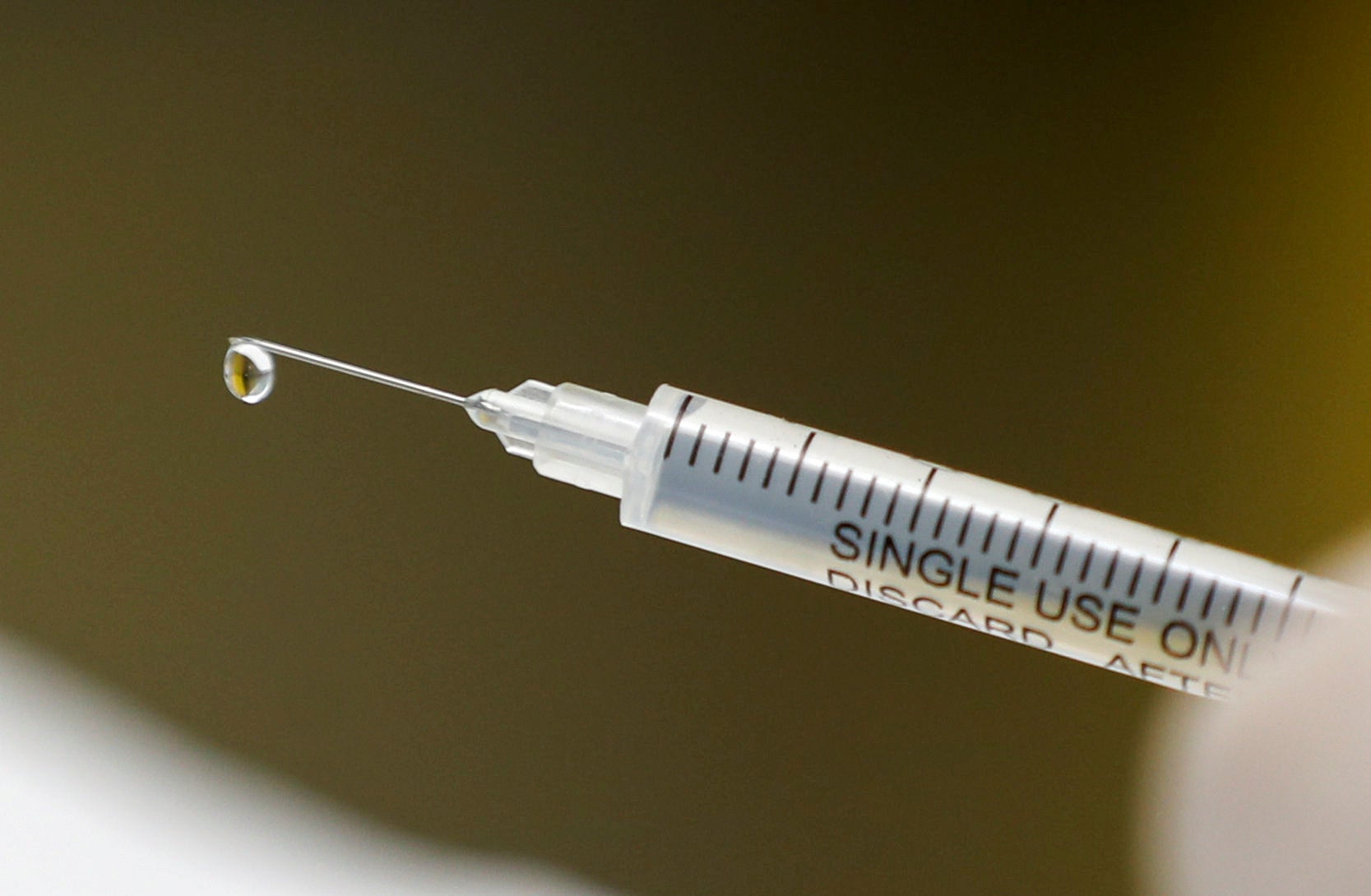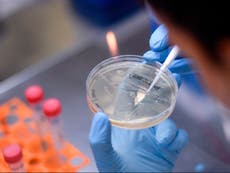British researchers to test Covid-19 vaccine on volunteers deliberately infected with virus
So-called ‘challenge trials’ will reportedly involve 2,000 participants at a qurantine facility in London

Your support helps us to tell the story
From reproductive rights to climate change to Big Tech, The Independent is on the ground when the story is developing. Whether it's investigating the financials of Elon Musk's pro-Trump PAC or producing our latest documentary, 'The A Word', which shines a light on the American women fighting for reproductive rights, we know how important it is to parse out the facts from the messaging.
At such a critical moment in US history, we need reporters on the ground. Your donation allows us to keep sending journalists to speak to both sides of the story.
The Independent is trusted by Americans across the entire political spectrum. And unlike many other quality news outlets, we choose not to lock Americans out of our reporting and analysis with paywalls. We believe quality journalism should be available to everyone, paid for by those who can afford it.
Your support makes all the difference.British researchers are reportedly set to run clinical trials in which volunteers are deliberately infected with Covid-19 to test the effectiveness of potential vaccines.
So-called "challenge trials" are expected to begin in January at a quarantine facility in London, according to the Financial Times, which cited people involved in the project. About 2,000 participants are said to have signed up through a US-based advocacy group, 1Day Sooner.
The studies will reportedly be government-funded and led by Imperial College London researchers, although 1Day Sooner said it would also launch an appeal for public funding of a biocontainment facility big enough to quarantine 100 to 200 participants.
The government confirmed it was in talks over potential human challenge trials but did not comment on a specific plan.
"We are working with partners to understand how we might collaborate on the potential development of a Covid-19 vaccine through human challenge studies," a spokeswoman said.
"These discussions are part of our work to research ways of treating, limiting and hopefully preventing the virus so we can end the pandemic sooner."
Imperial College London did not confirm its involvement.
"Imperial continues to engage in a wide range of exploratory discussions relating to Covid-19 research, with a variety of partners. We have nothing further to report at this stage," a spokeswoman said when asked about the possibility of challenge trials.
Any trials conducted in the United Kingdom have to be approved by the Medicines and Healthcare products Regulatory Agency (MHRA), the healthcare regulator which looks into safety and protocol.
The MHRA did not immediately respond to requests for comment, but 1Day Sooner, which lobbies for challenge trials to accelerate vaccine development, welcomed the report.
"1Day Sooner congratulates the British government on their plans to conduct challenge trials to test vaccines," it said in a statement, confirming it would petition the government to house the trial participants.
There have been industry discussions in recent months about potentially having to inject healthy volunteers with coronavirus if drugmakers struggled to find enough patients for final trials.
The Financial Times report said volunteers would first be inoculated with a vaccine and later receive a challenge dose of the coronavirus. It did not name the vaccines that would be assessed in the project.
British drugmaker AstraZeneca and French firm Sanofi both told Reuters that their vaccine candidates were not involved in the programme.
Additional reporting by Reuters


Join our commenting forum
Join thought-provoking conversations, follow other Independent readers and see their replies
Comments